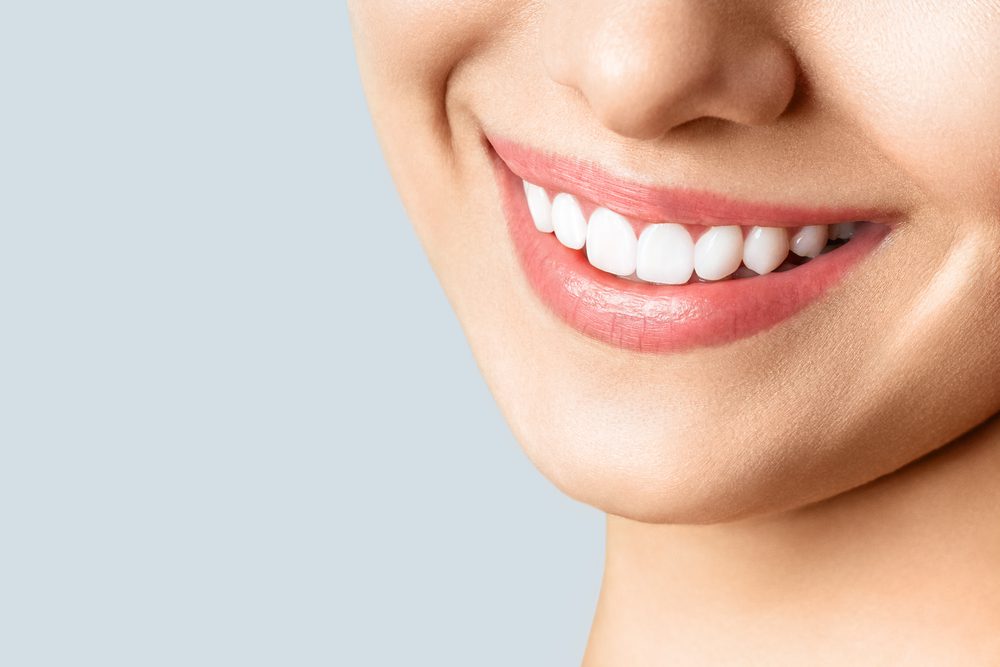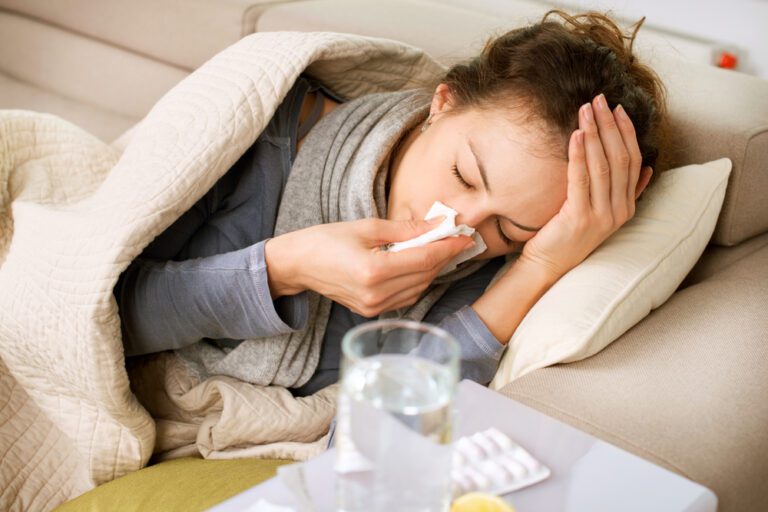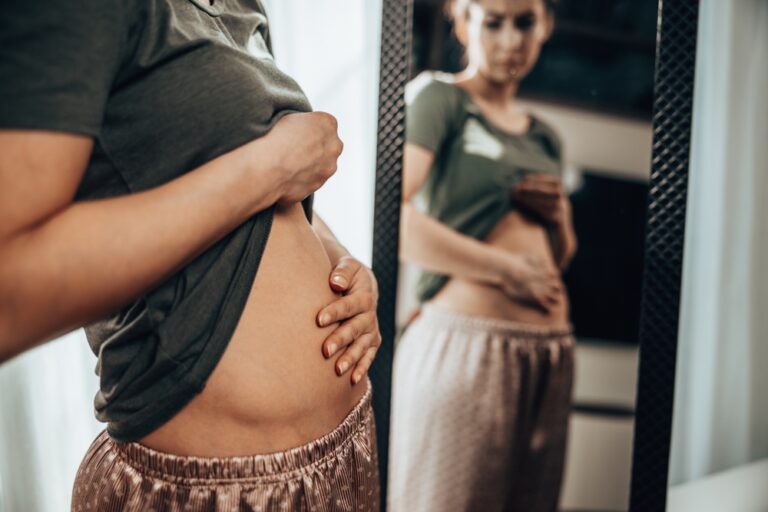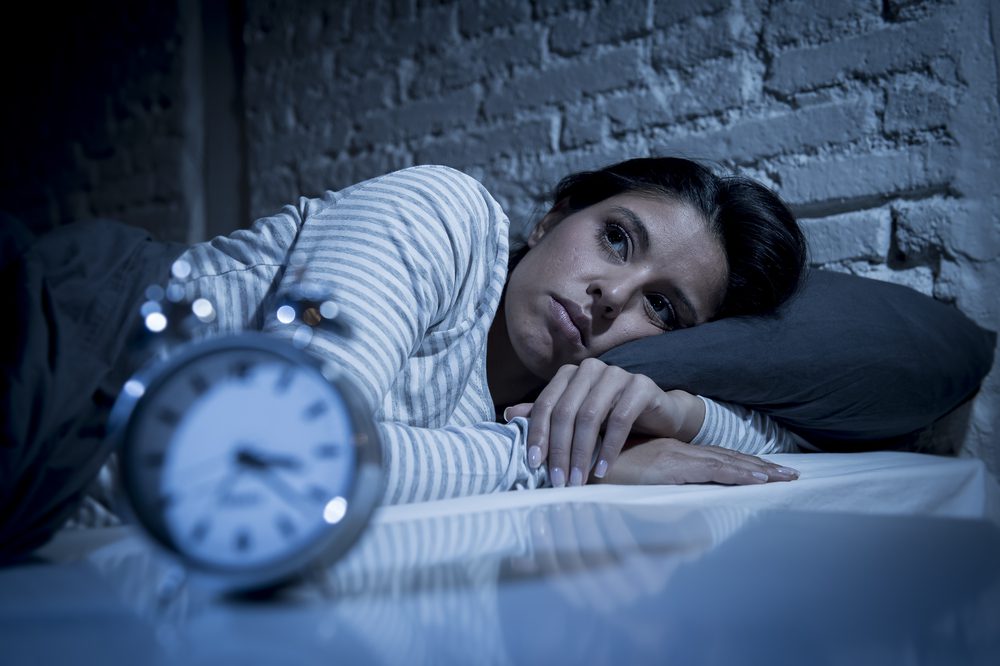
Do you suffer from insomnia?
In order to live a healthy life, we need to sleep well. Did you know that for every hour of lost sleep, it would take you four days to recover? That only shows what a significant loss of sleep deprivation represents to our organisms.
Insomnia is responsible for developing some chronic illnesses, maintaining that annoying brain fog, and decreasing your immunity. As a general rule, they say you have to sleep between 7 and 9 hours of uninterrupted sleep every night, but most of us struggle to even get to 7 hours.
There are so many strategies that can be used to promote a good sleep routine, including changing something in your diet. Because many things go all the way back to what we eat, it’s worth mentioning that some foods and drinks promote good sleep.
Here are some of the best foods and drinks you can try before going to bed to treat your insomnia. Nighty night!
Almonds
Almonds are a great source of nutrients, as 28 grams of dry roasted nuts have 18% of the amount of phosphorus we need and 23% of riboflavin. Not only that, but it also has 25% of the daily manganese men need and 31% of the daily amount women need.
Integrating almonds into your daily diet has been proven to lower the risks of chronic diseases, like type 2 diabetes and heart disease. Naturally, almonds are known to boost sleep quality as well. That’s because almonds, just like other types of nuts, are a great source of the hormone melatonin.
This hormone regulates your internal clock and tells your body when it’s time to get some sleep. But almonds are also rich in magnesium, which is known to be very effective against insomnia episodes.
Turkey
Turkey is by far one of the healthiest meats you could possibly ask for. Very rich in protein, it helps keep your muscles strong and regulates your appetite. Turkey meat has a couple of properties that might explain why there are some people who are suddenly tired after eating it or might be associated with sleepiness.
That’s because it is so rich in protein, that it might increase your chances of feeling tired. There is enough evidence that shows how moderate amounts of protein before bedtime are associated with better sleep quality and a lower risk of insomnia, but also less waking up in the middle of the night.

Chamomile tea
It has already become a general belief that drinking chamomile tea boosts your immune system, reduces anxiety and depression, and enhances your skin health. Plus, chamomile tea has a couple of unique properties that sustain proper sleep quality.
Have you ever wondered why? Chamomile tea has apigenin, which is an antioxidant that binds to specific receptors in your brain that help you sleep well and reduce your insomnia. There’s a study conducted in 2011 that shows how 34 adults who took 270 mg of chamomile extract twice a day had better sleep results.
They fell asleep 15 minutes faster and experienced fewer episodes of waking up in the middle of the night.
Kiwi
Kiwis are extremely nutritious fruits. One fruit has only 42 calories and a significant amount of vitamin C and vitamin K. Adding kiwis to your diet enhances your digestive health, reduces inflammation, and lowers your cholesterol.
There’s a 4-week study where 24 adults ate two kiwifruit one hour before going to sleep each night. At the end of the four weeks, participants had a better rate of falling asleep, as it was 42% faster than if they didn’t eat anything before sleeping.
Also, their ability to sleep peacefully throughout the night improved by 5% and their total sleep time increased by 13%. Slowly in time, they waved goodbye to insomnia!
Tart cherry juice
You wouldn’t have thought that tart cherry juice would find its way into this category, right? Maybe you never tried it, maybe you weren’t a fan, but either way you should consider adding it to your diet. It has proper amounts of nutrients, such as magnesium, phosphorus, and potassium.
There’s a small study conducted in order to prove the benefits of drinking tart cherry juice, and the results didn’t cease to appear. Adults who suffered from insomnia had 240 ml of tart cherry juice twice a day for a couple of weeks.
Studies have shown that they managed to sleep 84 minutes longer and had a better sleep quality compared to those who didn’t drink any juice.
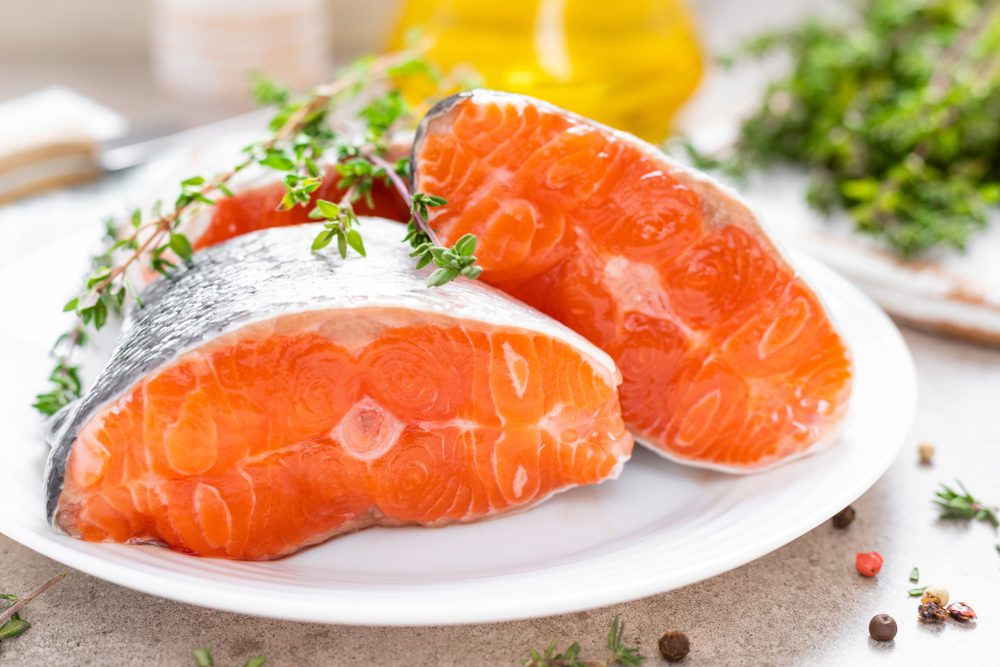
Fatty fish
As we already know by now, fatty fish are the best example of foods rich in omega-3 fatty acids. They are great against inflammation, heart diseases, and brain damage. But what we didn’t know was that omega-3 fatty acids and vitamin D are also great when it comes to sleep quality, as they increase the production of serotonin.
In one study conducted a few years ago, men who were suffering from insomnia ate 300 grams of Atlantic salmon 3 times a week and fell asleep way faster than men who only resumed eating chicken, beef, and pork. This effect was proven to be the result of vitamin D.
Walnuts
Walnuts are one of the healthiest sources of omega-3 fatty acids and linoleic acid. They also have 4.3 grams of protein per ounce, which is great when it comes to reducing appetite. Walnuts are also known to improve sleep quality because they’re one of the best sources of melatonin.
All these nutrients are known to help patients who suffer from chronic insomnia. They provide alpha-linoleic acid, an omega-3 fatty acid that helps increase our serotonin production. While there hasn’t been any studies that might show how walnuts have a direct impact on our sleep quality yet, they have too many benefits not to consider adding them to your diet.
Passionflower tea
Passionflower tea, just like camomile, is one of the best herbal tea options to drink on a daily basis. It’s extremely rich in flavonoid antioxidants, which are a great natural weapon against inflammation, decreased immunity, and heart disease risk.
Plus, passionflower tea has a great potential to reduce anxiety episodes. The passionflower tea has an antioxidant known as apigenin, which is responsible for its anxiety-reducing effects. As studies have shown, this antioxidant binds specific receptors in your brain, which are in charge of reducing your stress.
Naturally, this tea promotes sleepiness. If you’ve struggled with insomnia due to excessive stress, it might be beneficial to drink a cup of passionflower tea right before bedtime.
White rice
There’s a great difference between white and brown rice, in the sense that white rice has had its bran and germ removed. This means that white rice has lower amounts of fiber, nutrients, and antioxidants. However, it still has a great number of vitamins and minerals.
White rice has higher levels of carbs and lower levels of fiber. This combination contributes to a higher glycemic index (GI). Surprisingly, a higher GI improves sleep quality, if consumed one hour before bed.
Even if white rice has proven to have a great role in promoting good sleeping habits and battling insomnia, it’s advisable to consume it in moderation.
Oatmeal
Similar to white rice, oatmeal is high in carbs, but it also has more fiber. Oatmeal consumption has been linked to inducing drowsiness when consumed right before bedtime. Plus, oats are known to be a good source of melatonin.
Oats are also rich in tryptophan, which is an amino acid that the brain uses for creating serotonin, the hormone that relaxes our entire body before falling asleep. Who would’ve thought that the food that is most recommended for breakfast is also extremely good for insomnia?
If you enjoyed reading this article about treating insomnia issues, we also recommend reading: 9 Worst Foods To Eat Before Bedtime









